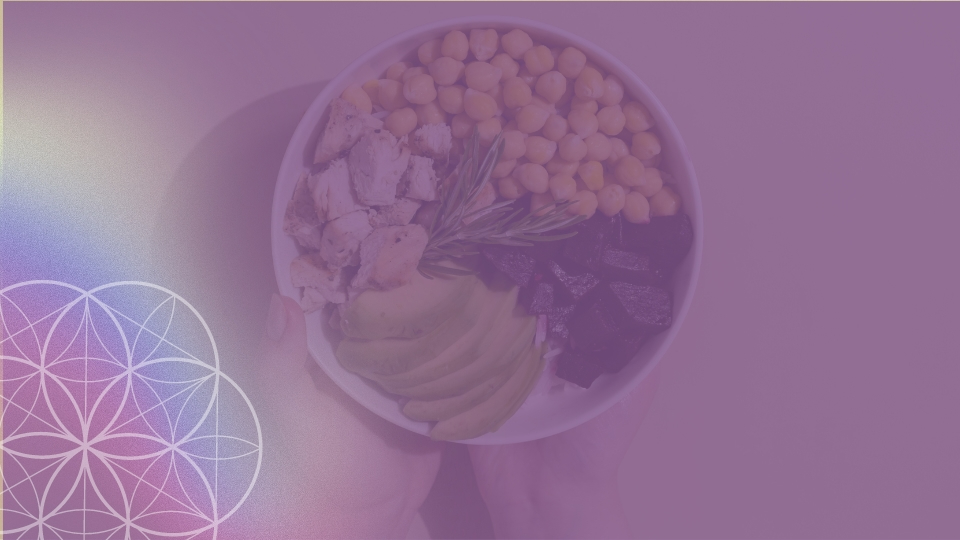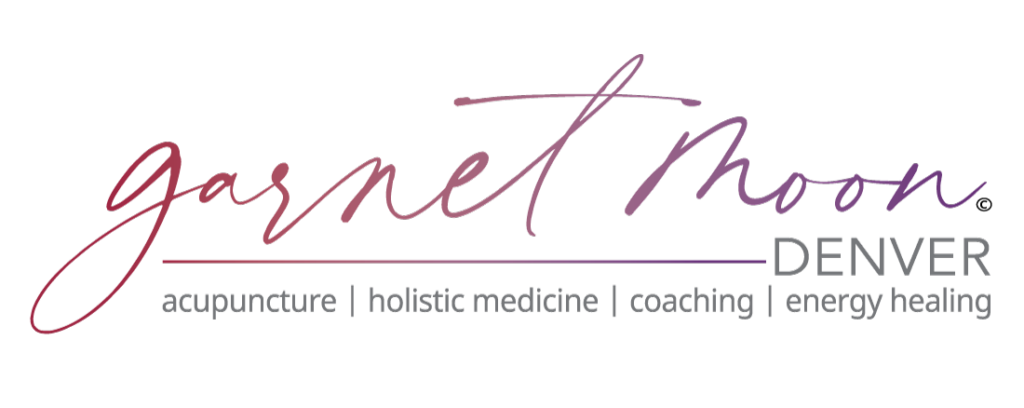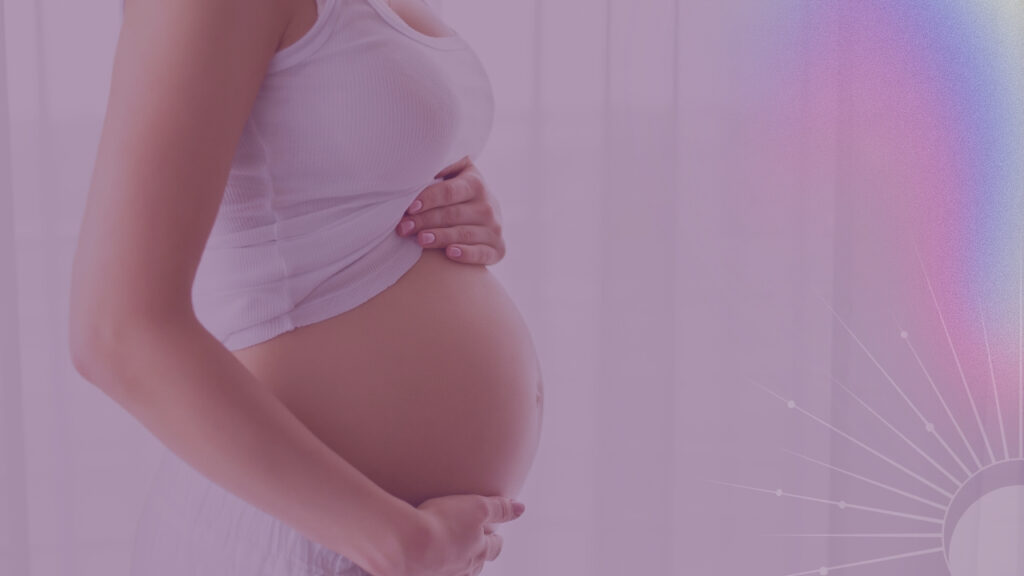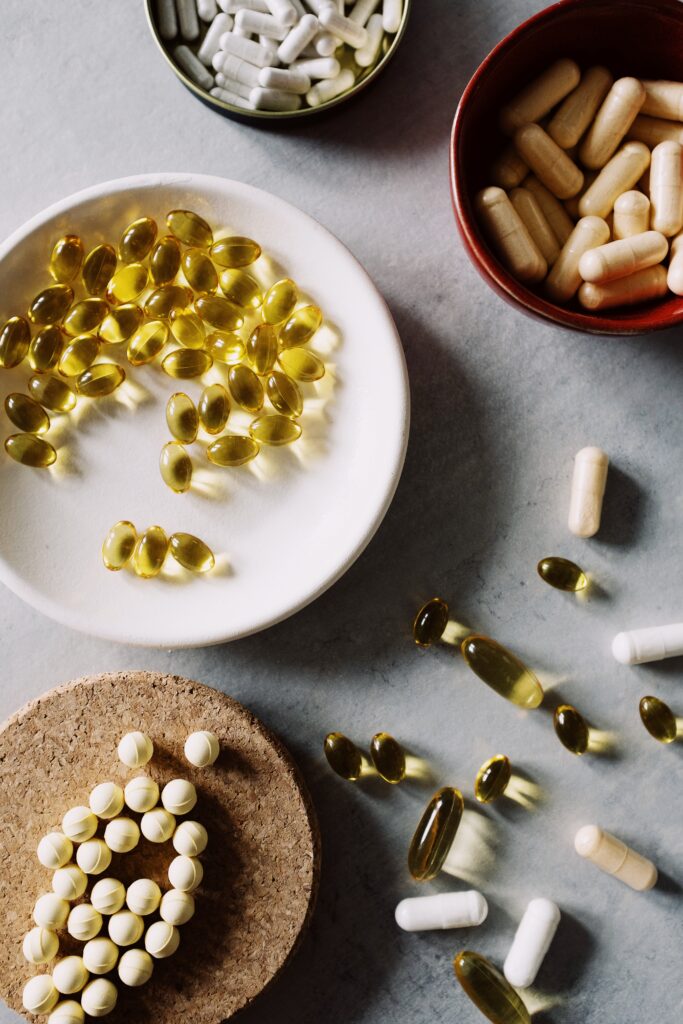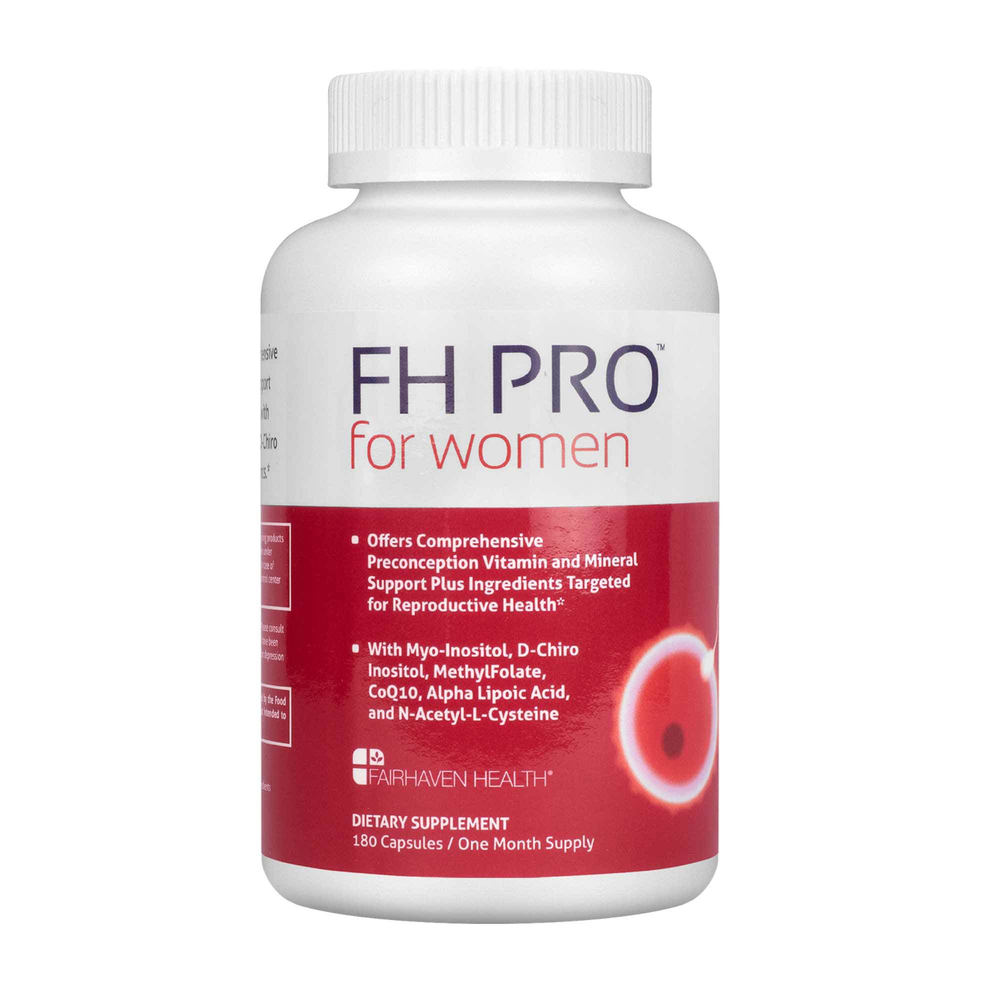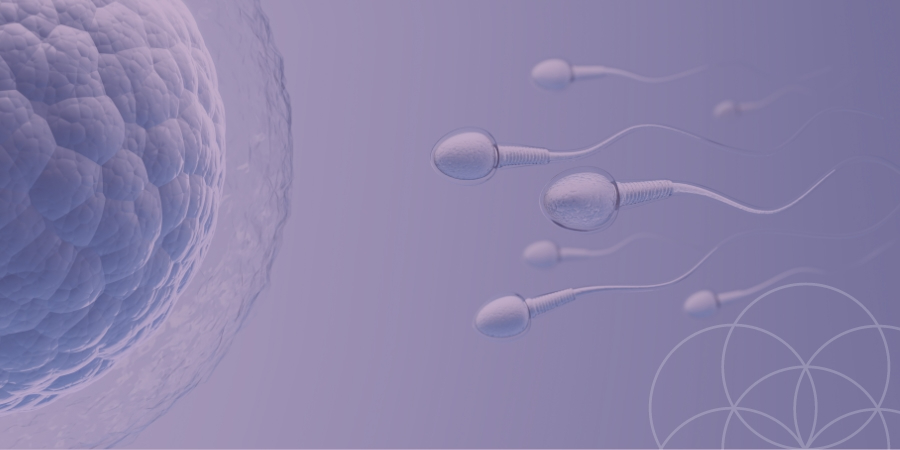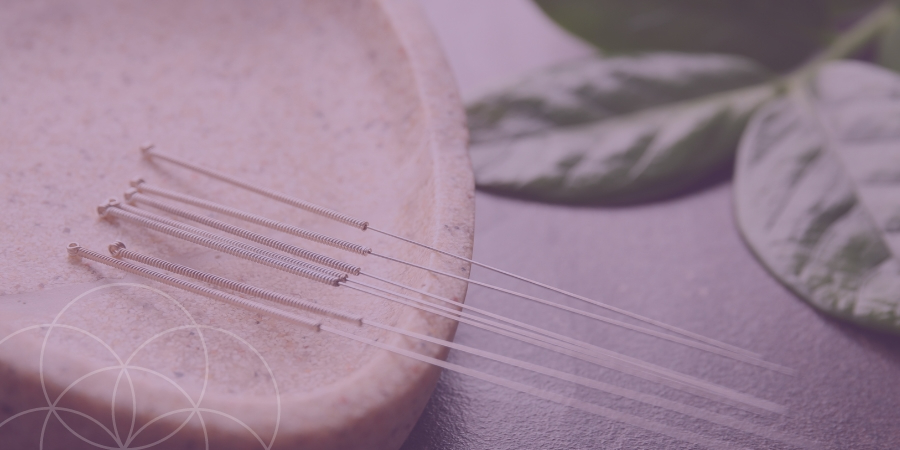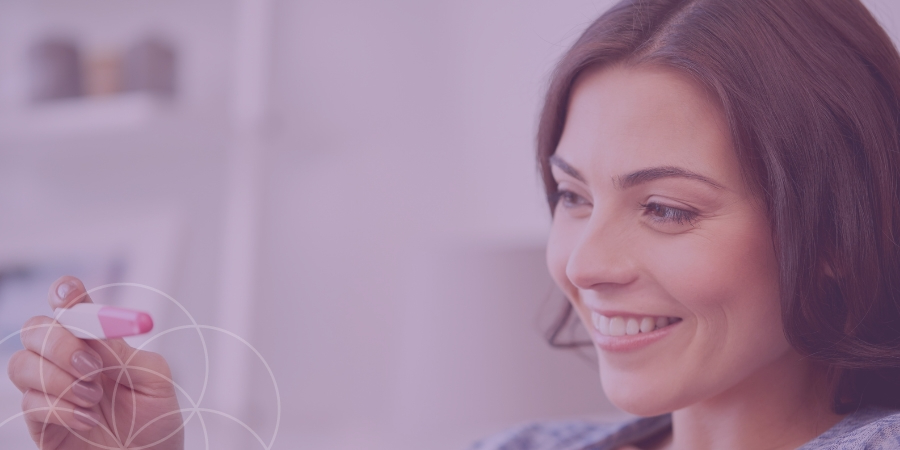Does Acupuncture Improve IVF Success Rates?
Learn How to Increase a Healthy Pregnancy With Your IVF Treatment.
Acupuncture is a fundamental component of Traditional Chinese Medicine. It utilizes surgically sterilized, hair-thin needles to stimulate specific energy pathways within the body. The benefits of acupuncture for fertility in improving IVF success rates.
This article delves deeper into the profound benefits of acupuncture, particularly for fertility. Research shows it works for hormone balance, PCOS treatment, and improving sperm and egg quality, leading to better pregnancy rates. An increasing number of individuals combine acupuncture with fertility treatments and IVF acupuncture.
Exciting Facts About Acupuncture for Fertility
- Acupuncture is a powerful and natural method to enhance fertility. Doctors widely recommend it for women with endometriosis, Polycystic Ovarian Syndrome (PCOS), and low ovarian reserve (DOR or low AMGH).
- Acupuncture is a beneficial complementary therapy when undergoing Intrauterine Insemination (IUI) and In Vitro Fertilization (IVF) treatments. Men and women who want fertility treatments should start acupuncture for fertility about 3 months before for best results.
- A review of past studies shows that Acupuncture increases the chance of getting pregnant by 65%-70% compared to control groups.
- Experience the remarkable benefits of Acupuncture in boosting fertility and increasing your chances of conception. Acupuncture significantly increases your chances of getting pregnant during IVF cycles and embryo transfers.

How Does Acupuncture Help Fertility During IVF or Fertility Treatments?
Acupuncture, a practice with a rich history in Eastern Medicine, has been scientifically proven to regulate the female reproductive system through specific acupuncture points on the body. Clinical and laboratory-based studies have robustly demonstrated its impact on the central and peripheral nervous systems in hormonal balance. So, does Acupuncture Improve IVF Success Rates? The answer is a confident yes!
Acupuncture, using needles, stimulates the release of endorphins in the brain, effectively reducing stress and balancing hormones in the body. But just how much does acupuncture improve IVF outcomes? Rigorous research has unequivocally shown that acupuncture not only positively affects pregnancy outcomes but does so without any adverse effects. It offers a wealth of benefits for improving fertility, including:
- Improving sperm count and motility
- Reducing stress and anxiety associated with infertility
- Normalizing hormone production and endocrine systems
- Reducing estrogen dominance and increasing progesterone levels
- Enhancing blood flow to the reproductive organs, such as the uterus and testes
- Reducing the likelihood of miscarriage and increasing the chances of a healthy pregnancy to full term.
- Aiding in decreasing inflammation that may be causing infertility
- Regulating the menstrual cycle
- Increasing the chances of pregnancy for those undergoing in vitro fertilization (IVF) when using acupuncture to get pregnant.
Improving Egg and Embryo Quality.
Ensuring the health of your future baby begins with healthy eggs. Numerous studies have demonstrated that Acupuncture can enhance egg and embryo quality, thereby increasing the chances of a successful pregnancy.
Researchers conducted a study on women with infertility. They discovered that Acupuncture can enhance the quantity of good eggs and embryos. Women with energetic kidney deficiency, a symptom of PCOS, observed this improvement.
Kidney deficiency in Traditional Chinese Medicine is a condition often associated with irregular or absent periods and can be addressed through Chinese Medicine and Acupuncture. These alternative holistic medicine methods, which take a different approach than Western medicine, are highly recommended by fertility clinics for their proven effectiveness in improving fertility and helping to take the emotional edge off of the stress during a fertility journey, which stress can cause a deep impact in reproductive health and balance.
Sperm Quality: How Acupuncture Can Improve Male Fertility.
- Many assume that infertility is solely the female partner’s issue. However, research shows that 40% of infertility cases are related to male factors alone!
- Scientific studies have consistently demonstrated the tangible benefits of acupuncture on sperm quality and fertilization rates for couples undergoing fertility treatment. Acupuncture has notably enhanced two crucial semen parameters: sperm motility and sperm concentration. It has shown promising results in reducing sperm activity in subfertile males, providing a reliable and effective solution. However, the benefits of acupuncture continue beyond there. Acupuncture helps men who have trouble with ICSI, an IVF treatment type, have better results. Acupuncture before a second ICSI session improved sperm ratio and fertilization rate, according to a study.
- To know more about how healthy sperm is essential for getting pregnant, read our detailed guide on testing male fertility. And for additional ideas on how to boost sperm quality, don’t miss our article on enhancing male fertility.
- Acupuncture is a powerful tool that can make a real difference in male fertility. Boost your advantage with its potential alongside reproductive treatments to maximize your chances of success.
IVF Success Rates. Can Acupuncture Help Treat Infertility?
Many people recognize acupuncture for its positive impact on sperm, egg, and embryo quality. However, its influence goes beyond that, significantly enhancing IVF success rates in various ways. According to extensive research, acupuncture can help increase pregnancy rates and improve outcomes for couples who have had IVF failures.
A comprehensive review of past studies evaluated thirty trials involving 6334 participants who underwent acupuncture and IVF. The conclusive results established that acupuncture can enhance clinical pregnancy rates in women embarking on IVF.
Another study explored the specific ways acupuncture positively affects IVF outcomes. Participants underwent multiple acupuncture sessions and experienced noteworthy improvements in uterine lining thickness, stress reduction, and overall patient satisfaction. Furthermore, reducing stress levels during fertility treatment is of utmost importance, as we shall delve into later in this article. Multiple studies demonstrated that acupuncture can particularly benefit women with a history of unsuccessful IVF attempts.
Treating Pre-existing Conditions
Conditions such as Polycystic Ovary Syndrome (PCOS) (PCOS), endometriosis, and ovarian cysts can hurt female fertility. Research suggests that Acupuncture, when used with traditional medical treatments, can help alleviate symptoms that may contribute to infertility. For instance, women with PCOS often experience anovulation (irregular or diminished ovulation), which hinders their ability to conceive.
Additionally, Acupuncture has shown promise in supporting patients with PCOS undergoing IVF treatment. A study found that Acupuncture can improve pregnancy outcomes and clinical pregnancy rates in 66 people receiving IVF treatment. It also helps with symptoms of energetic kidney deficiency.
Acupuncture helps endometriosis symptoms by improving blood flow, hormone balance, and uterus health. Endometriosis causes cysts outside the uterus, leading to chronic pain, reduced fertility, and impaired ovarian function. Studies show that Acupuncture can help women with endometriosis get pregnant without surgery, improving their chances of having a baby.
Lastly, Acupuncture might potentially aid patients with poor ovarian reserve. In a study with 60 IVF cases, Acupuncture improved egg quality and pregnancy results in patients with low ovarian reserve.
Possible Mechanisms for Improving Gamete Quality and Fertility Treatment Outcomes: Reducing Stress.
Stress is a complex factor contributing to infertility, increasing the problem once diagnosed. Various stressors, such as follow-up appointments and failed IVF treatments, elevate cortisol levels in the body. Acupuncture, a widely acclaimed stress-reduction technique, can effectively lower cortisol concentrations, enhancing the chances of conceiving.
Recent studies highlight the correlation between a woman’s daily stress levels and decreased pregnancy rates. Women with more stress markers in their saliva took almost 30% more time to get pregnant than those with less. Stress can create estrogen dominance, the number one cause of infertility, and many other hormonal issues.
When our bodies detect stress, they perceive it as a less-than-desirable time for procreation and respond accordingly. Stressful periods significantly impact our lifestyles, reducing the frequency of sexual activity. Stress can make people do unhealthy things like drinking too much caffeine, smoking, and abusing alcohol. These things are bad for a woman’s health and ability to have children.
For men, stress can impact semen parameters. Compromised LH and testosterone production can lead to complications during sperm production and reduce sperm quality.
Acupuncture also contributes to hormone balance, particularly cortisol, the primary stress hormone. Research indicates that Acupuncture can alleviate depression, which can be severe among individuals undergoing infertility treatment.
Improving Circulation.
Blockages that hinder blood flow can be the cause of infertility cases. Acupuncture boosts blood flow to reproductive organs, supplying them with more oxygen and nutrients for better functioning.
Research has demonstrated the positive impact of Acupuncture on blood flow. A study specifically explored how Acupuncture could reduce blood flow impedance and enhance circulation in the uterine arteries of infertile women.
Acupuncture during IVF egg retrieval boosts the chances of getting more eggs and mature ones for embryos. During the stimulation phase, we use electroacupuncture to increase the follicular development.
Sleep and Its Impact on Reproductive Health.
Researchers have extensively studied and linked insufficient sleep and sleep disturbances to various health issues in both men and women. Fertility problems in women are strongly linked to insomnia. Women with insomnia are 400% more likely to have trouble getting pregnant.
Similarly, researchers have found that poor sleep quality affects male fertility. Men undergoing fertility treatment who experienced poor sleep showed lower total motility, volume, and sperm count.
One notable treatment option for insomnia is Acupuncture, as supported by a meta-analysis of previous studies. The findings demonstrated Acupuncture’s effectiveness in improving sleep quality and duration. Acupuncture achieves this by reducing stress levels, harmonizing internal body processes, and promoting overall health and pathogenic factors.
How to Integrate Acupuncture into Your Treatment.
At Garnet Moon, we support Integrated Reproductive Medicine. This approach combines Eastern, Western, and other healing methods. Its goal is to increase your chances of getting pregnant.
We aim to improve your fertility health before starting treatment, as a healthy body is essential for successful results. In the last 11 years, research has shown that Acupuncture has many benefits when used with IVF and other fertility treatments. These include more live births, successful pregnancies, and fewer miscarriages and ectopic pregnancies.
Optimal Timing for Acupuncture in Fertility Treatment
- Experts advise considering Acupuncture during the following periods:
- 30-90 days before commencing any fertility treatment
- Throughout any fertility treatment
- During pregnancy
Start acupuncture treatment early with a licensed fertility acupuncturist certified by ABORM, the regulating organization for fertility acupuncture. Research shows any treatment level helps. Both eggs and sperm require approximately 90 days to develop fully. Hence, we recommend starting acupuncture treatment at least three months before commencing treatment and continuing throughout your chosen fertility treatment protocol.
How Many Acupuncture Sessions Will You Need?
Determining the number of acupuncture sessions required depends on factors such as fertility cycle, medical history, and diagnosis. It is important to note that the menstrual cycle consists of four phases.
I recommend having at least one weekly session to balance hormones and prepare for fertility treatments. This applies to those trying to conceive naturally and those using assisted reproductive therapies. As a reproductive medicine expert, I believe this frequency will help optimize your chances of getting pregnant.
I support more treatment for hormonal imbalances like estrogen dominance, low progesterone, endometriosis, or PCOS. Consistency, along with the expertise of a reproductive medicine expert, is vital to achieving desired outcomes. A comprehensive treatment plan tailored to your needs is of utmost importance.
Find a Fertility Acupuncture Expert Near Me.
To enhance your chances of successfully conceiving, it is crucial to prioritize education and experience when seeking fertility acupuncture treatment. We are certified fertility acupuncture and reproductive medicine experts at Garnet Moon. ABORM, the Acupuncture & TCM Board for Reproductive Medicine.
Our team undergoes extensive training in using Acupuncture to assist individuals attempting to become pregnant naturally and those undergoing fertility treatments. Our mission is to collaborate closely with fertility doctors and clinics to help couples achieve their dream of pregnancy. Additionally, we provide ongoing support to pregnant women to alleviate symptoms and prepare their bodies for labor and delivery. The benefits of Acupuncture for fertility.
Sadly, some patients get insufficient Acupuncture for fertility because they see a practitioner who lacks proper certification and expertise. To increase your chances of success, it’s essential to choose a qualified fertility acupuncture expert carefully.
At Garnet Moon, we offer more than just Acupuncture for fertility. At Garnet Moon, we provide a range of services to support fertility. These include Acupuncture, coaching, energy healing, and support for women’s health and hormones. Additionally, we offer IVF services at our location.
To book a fertility acupuncture appointment at Garnet Moon in Denver, please get in touch with us:
Denver: Call +1 720-879-8723
Or email us at info@garnetmoonlove.com
Bottom Line About Fertility Acupuncture: Understanding the Benefits.
Acupuncture has emerged as a promising method to enhance fertility and improve various stages of the fertility process. This article explains the benefits of fertility acupuncture and aims to ease any fears or concerns about trying this treatment and answer the question, does Acupuncture increase IVF success rates?
If you struggle to conceive or deal with infertility, consider trying Acupuncture. Our clinic specializes in fertility and women’s health, so please don’t hesitate to ask for assistance. Our experts will help you achieve your dream of becoming a parent through a holistic approach.
Choosing the right fertility acupuncturist can make all the difference.
Studies have shown that you will get better results with the right fertility acupuncture expert. Remember, fertility is a partnership between you, your acupuncturist, and your medical team – so make sure you’re choosing the right team for experiencing the benefits of acupuncture for fertility.
Learn more about Lindsay
Want to learn more? Are you in the Denver area? I offer consultations in Denver or any location. You can book a consultation to learn how I can assist with fertility, hormones, and reproductive health. ABORM certified acupuncture in Denver.
Book now


